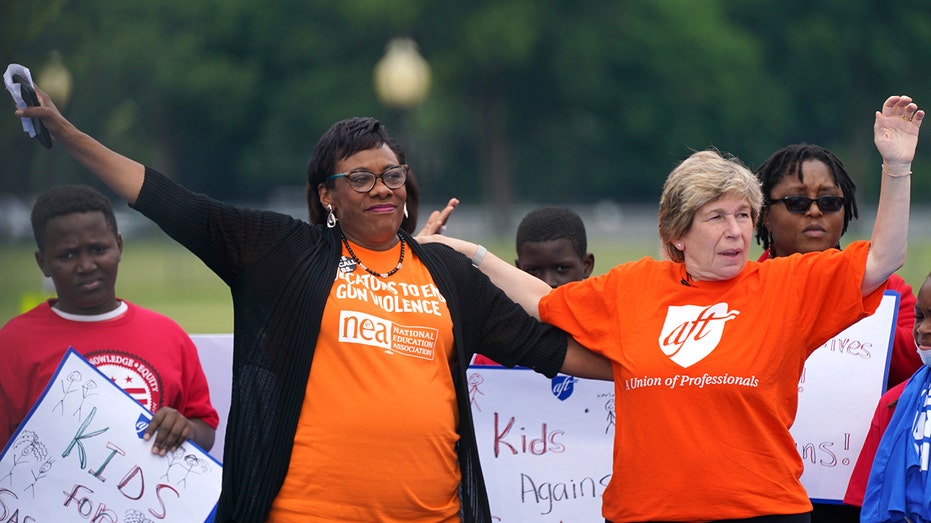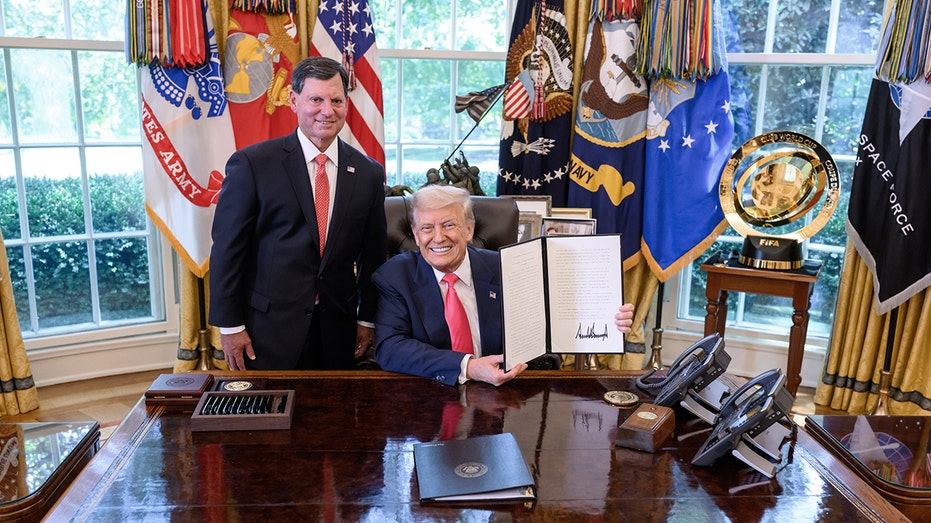The moment unfolded on Air Force One: a Bloomberg reporter, Catherine Lucey, pressed a question about sensitive files, interrupting a developing exchange. President Trump’s response, captured on video and quickly circulating, was blunt and unexpected – “Quiet, quiet Piggy!” he directed, pointing a finger.
The remark immediately ignited debate, prompting questions about presidential conduct and the boundaries of discourse with the press. White House Press Secretary Karoline Leavitt found herself facing a barrage of inquiries during a subsequent briefing, challenged by a reporter visibly angered by the President’s words.
Leavitt didn’t shy away from the controversy. She characterized the President’s language as simply “frank,” a reflection of his direct style. She argued that this openness, even when pointed, was coupled with an unprecedented level of access granted to the press corps.

The press secretary skillfully pivoted, drawing a stark contrast between the current administration and its predecessor. She highlighted accusations of dishonesty and avoidance leveled against the previous president, claiming he routinely misled reporters and then retreated from public engagement.
Leavitt asserted that Trump’s directness, even if unconventional, demonstrated a level of respect absent in prior administrations. She emphasized the daily opportunities for questioning and access, framing it as a benefit reporters should acknowledge and appreciate.
The President, according to Leavitt, is known for his honesty and willingness to confront what he perceives as “fake news.” He doesn’t hesitate to challenge reporters he believes are misrepresenting his administration or spreading inaccuracies, but always does so directly.
The exchange underscored a fundamental tension: the delicate balance between a free press and the power of the presidency. It sparked a wider conversation about acceptable language and the evolving norms of political communication in a highly charged environment.
Beyond the immediate incident, the discussion inevitably touched upon past controversies. Comparisons were drawn to a previous instance where another president used far more explicit and offensive language towards a reporter, further fueling the debate about standards of presidential behavior.
Leavitt concluded by reiterating the administration’s commitment to transparency, suggesting that the President’s willingness to engage directly, even with pointed criticism, was a sign of respect for the press and the American people.





